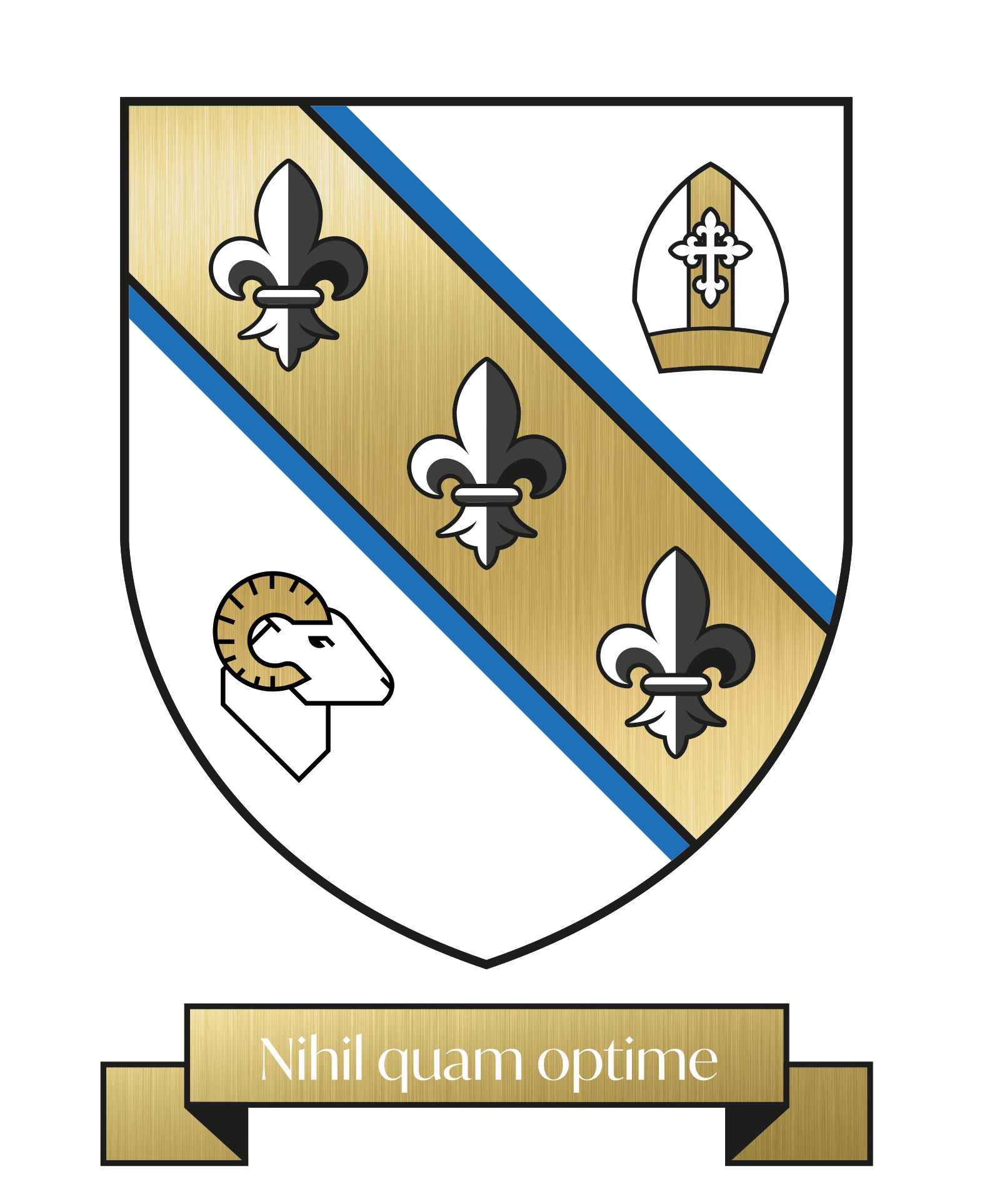| Autumn 1 |
Rise of the Dictators
- Introduction of terms and study of the political conditions of dictatorships. Case studies on Mussolini’s Italy and Hitler’s Germany.
|
Reading: ‘This is a dictatorship’, Plantel E, 2021.
Watch: 'Hitler, the Rise of Evil', 2003 film. Age rating 12.
|
| Autumn 2 |
Rise of the Dictators continued
- Case studies on Stalin’s Russia, Mao’s China. Dependent on time – Idi Amin’s Uganda, Pinochet’s Chile, Emperor Hirohito of Japan and General Franco of Spain.
|
Online: Maoist China links.
Online: Stalin links.
|
| Spring 1 |
The Holocaust
- Context of 1920s and 30s in Germany, persecuted groups and labour and death camp research.
- Holocaust denial, source utility.
|
Reading: 'The Book Thief'.
Learn about the Holocaust and genocides.
|
| Spring 2 |
The Cold War
- JFK’s achievements and areas of weaknesses as president.
- JFK’S assassination.
- Vietnam War case study.
|
Online: The Whitehouse - John F Kennedy.
Visit: the American Museum, Bath.
|
| Summer 1 |
The British and American Civil Rights Movement
- Role in WWII.
- Windrush generation.
- Steven Lawrence case study.
- Case studies of Emmett Till, Rosa Parks, Martin Luther King Jr, Malcolm X, Barack Obama.
- Discussion points surrounding how far have the aims of the Civil Rights Movement been met?
- Discussion points surrounding how far have the aims of the Civil Rights Movement been met?
|
Reading: 'Black and British', Olusoga D.
Visit: the American Museum, Bath.
Visit: Museum of London, but online collections available
|
| Summer 2 |
People and Protest in the 20th and 21st Century
- Case studies of the Miners’ Strike, protests against political regimes/decisions of war – Vietnam, the Iraq War, Chile, Poll Tax riots, women’s rights and LGBTQ+ changes.
- Discussion points to include – how far are people able to influence political change through protest?
|
Visit: Museum of London but online collections available.
Visit: People’s History Museum, Manchester but online collections available.
Online: Police protests and public order.
|
